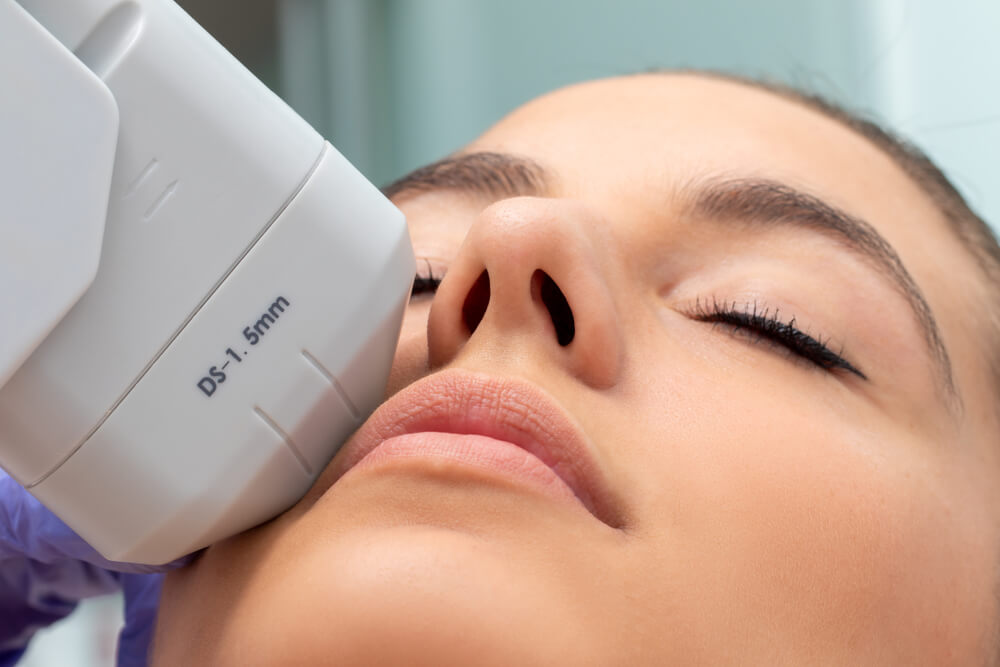Welcome to our comprehensive guide on achieving flawless skin through effective acne scar treatment. At Tajmeels Clinic, we understand the impact that acne scars can have on one’s self-esteem and confidence. That’s why we’ve put together this detailed guide to help you navigate the world of acne scar treatment options, so you can regain your skin’s natural radiance.
Understanding Acne Scars
Acne scars(علاج ندبات حب الشباب في دبي) can be distressing, but understanding the different types of scars is the first step towards effective treatment. There are two primary types of acne scars:
- Atrophic Scars: These scars appear as depressions or pits in the skin and are commonly known as “ice-pick” or “boxcar” scars.
- Hypertrophic Scars: These scars are raised and often have a thick, lumpy texture. They are more commonly found on the back and chest.
Effective Acne Scar Treatments
- Microneedling: This procedure involves the use of fine needles to create tiny punctures in the skin. This stimulates collagen production and helps improve the appearance of scars.
- Chemical Peels: By applying a chemical solution to the skin, the top layer is exfoliated, leading to smoother and more even skin texture.
- Laser Therapy: Laser treatments can target specific areas of scarring, promoting collagen growth and reducing scar visibility.
- Dermal Fillers: Fillers can temporarily improve the appearance of atrophic scars by adding volume to the skin and reducing the depth of scars.
DIY Home Remedies
For those looking for more natural approaches, here are some home remedies that may help reduce the appearance of acne scars:
- Honey and Lemon: A mixture of honey and lemon juice can help lighten scars and promote skin healing.
- Aloe Vera: Known for its soothing properties, aloe vera gel can aid in scar healing and reduce inflammation.
- Coconut Oil: Applying coconut oil to scars may improve skin texture and help fade scars over time.
Building a Skincare Routine
An effective skincare routine is crucial for maintaining the results of your acne scar treatment. Here’s a simple routine to follow:
- Cleansing: Use a gentle cleanser to remove dirt and impurities without stripping the skin’s natural oils.
- Exfoliation: Incorporate a mild exfoliant to remove dead skin cells and promote cell turnover.
- Treatment: Apply a targeted treatment with ingredients like retinoids or vitamin C to further improve skin texture.
- Moisturization: Hydrate the skin with a suitable moisturizer to maintain its elasticity and smoothness.
- Sun Protection: Always apply sunscreen with at least SPF 30 to protect your skin from UV damage.
Lifestyle Tips for Healthy Skin
- Hydration: Drink plenty of water to keep your skin hydrated and promote overall skin health.
- Balanced Diet: Consume a diet rich in antioxidants, vitamins, and minerals to support skin repair.
- Stress Management: High stress levels can exacerbate skin issues. Practice stress-relief techniques such as yoga or meditation.
The Importance of Professional Consultation
While DIY remedies can be beneficial, it’s crucial to consult a dermatologist before embarking on any treatment journey. A dermatologist can assess your skin type, severity of scars, and recommend the most suitable treatment plan for optimal results.
Conclusion
Achieving flawless skin is a journey that requires dedication and the right information. With the guidance provided in this comprehensive guide, you’re now equipped to make informed decisions about your acne scar treatment options. Remember, each individual’s skin is unique, so be patient and consistent in your efforts. Your path to radiant, scar-free skin starts today.




















